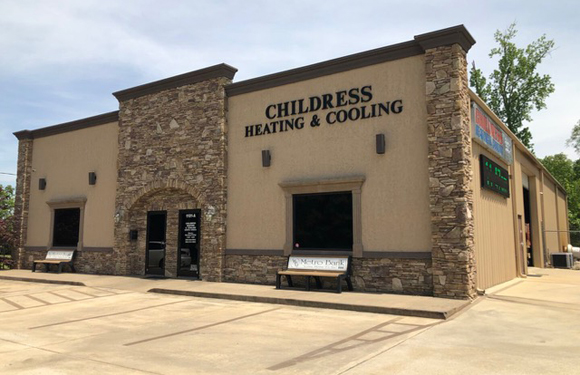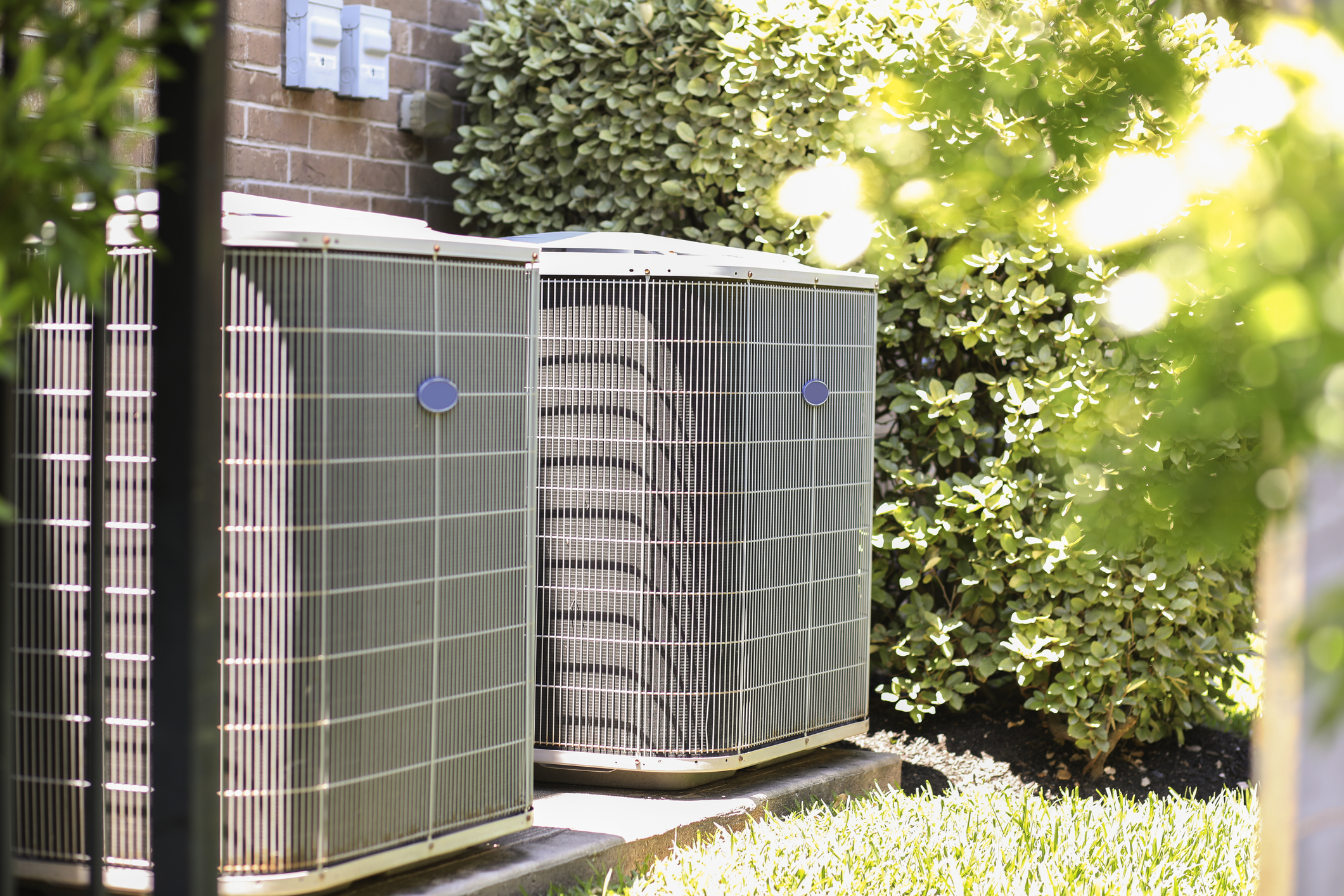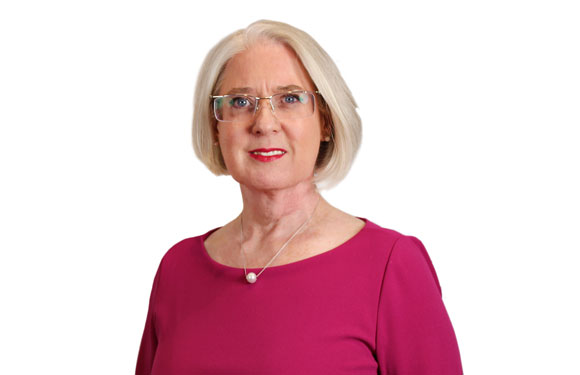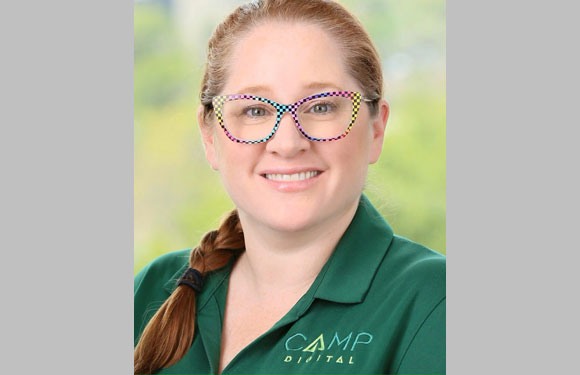
News
How Do I Sell My HVAC Company Myself?
Good news! If you have a highly reputable full-service HVAC company, it’s in high demand. Now that you’ve built a ready-to-sell HVAC business, where do you start?
We won’t bury the lead here. If the question is, can you sell your HVAC business yourself? The answer is yes. But it comes with a long list of details, that if missed, or mishandled can spell disaster for your future and unravel a career’s worth of hard work.

To understand what’s involved, we caught up with Patrick Lange, the industry-leading business broker with Business Modification Group. In the last 2-3 years, he has sold more HVAC businesses than any other broker in the US.
Here are the finer points of what to be aware of.
Accurate Appraisal
You’ll need to accurately price the business. Price it too low and you leave money on the table, price it too high and buyers will pass it over. You could research listed prices of other HVAC companies, but that information is incomplete. Your price needs to be in line with what other HVAC businesses have sold for. Unfortunately, you can’t get this information unless you work with a broker that has a professional membership affiliation. The next best option is to hire a business appraiser. Expect to pay between $5,000-$20,000 depending on the size of your business.
Advertise the Business for Sale
A logical next move is to call competitors and inquire if they might have some interest. This is done anonymously so the potential buyer doesn’t know the name of the company. It’s nearly impossible to do confidentially if you are representing your own business. Inevitably the word will get out. Competitors will use this information to sell against you. Customers will question if you will be around to service them. Vendors may tighten their payment terms and employees will polish up their resumes and look for work elsewhere. It can be disruptive and potentially fatal for the business. Obviously, you can do it on your own, you just need to make sure you maintain confidentiality.
Be Prepared to Wait and Be Distracted
Someone listing their own business doesn’t have a network of ready buyers as an HVAC specific broker would. Cranking up interest will take significantly longer and may not happen at all. Even if you are fortunate enough to identify a buyer, the due diligence process will distract you from your core business. Explaining expenses, justifying costs, and pulling together paperwork takes hours. At the same time, you are forced to keep revenues high. Failure to do so means the buyer will ask for a discount.
Find a Business Banker to Work With
You may have a banker already, but you will need one that is an SBA lender and is competitive in the financial industry. Since your likely buyer will obtain an SBA loan, the bank needs to make sure the business has strong finances that can not only service operations and new loan debt, but also pay a reasonable salary to the buyer. Considering this takes valuable time, getting your business pre-approved for a sale is essential. If you run into problems or need to provide clarification, you want to know about this before the business goes on the market.
Keep It a Secret
It’s difficult to keep secrets from employees, longtime customers, and vendors, but that’s exactly what you’ll have to do when selling your business on your own. Lange says some owners struggle with this because they are good people, and not being forthcoming with information feels wrong to them. Separating personal feelings from business maneuvers is always challenging, but a business broker can work behind the scenes and line up details to make this a non-issue. A broker can advise you on how to tell your employees when the time is right.
Ready to Hold a Note?
Most sellers don’t realize that banks may require the seller to hold a note. That can be tough to hear and can be a deal-breaker if not negotiated early. While a broker may not be able to make this entirely go away, there are techniques and options available to minimize this requirement.
Want to Work for Someone Else?
Most sellers have a vision of walking away with a sizable check in hand and never looking back, but that’s not the reality. The buyer will want the seller to stay on for weeks or months. Working for someone else in a business you built isn’t easy, so this is something that needs to be negotiated.
Stock Sale vs. Asset Sale
Should the transaction be a stock sale or asset sale? The differences are significant and both can make sense depending on the situation. However, if you get it wrong, you leave yourself open to enormous liability. For example, if the business gets sued because of a botched installation and fire, you could be liable regardless of when you bought the business.
Is Your Lease Transferable?
Here’s a small detail that can sink your deal. Look at your lease language. Are you able to transfer the contract to the next owner? Your landlord will pull a credit report and do their own checks. Even if you do transfer the lease, you’re still on the hook for the remainder of the term. If the new owner defaults, the landlord can come after you. Lange recommends taking care of these details with the landlord before you list the business for sale. Expect to incur some legal costs at this stage.
Be Prepared to Be Questioned
As part of the due diligence process, you will supply financial records that tell the history of the business’s financial performance. The buyer is looking for anomalies, like instances where expenses were misclassified or salaries are out of line with industry averages. You’ll have to defend your decisions and explain how those 4 days in Hawaii were a business trip.
So with so many daunting details to track and work to do, what are the reasons someone wouldn’t work with a broker?
“I think most of the time it comes down to money,” says Lange. True, brokers are paid well for their services but it’s important to note the broker-seller interests are aligned right to the end. The broker gets paid only at the closing table even though they have significant expenses associated with the listed company. In addition to the normal cost of doing business, they are paying a team to market the HVAC business and travel to see other buyers. All of this doesn’t account for their personal time either, which could be in the hundreds of hours.
Another situation is when a buyer is already identified and the seller feels like spending money on a broker would be a waste. In cases like these, the seller can hire a broker like Lange to manage the process. Because there are no marketing costs involved, brokers may be willing to waive part of their fee. However, Lange cautions, “Just because you have an offer, it doesn’t mean it’s the best offer. If one person is interested, there are likely other interested parties. If we can create a competitive bid situation, that means a higher selling price.”
Ultimately, the decision to hire a broker is a personal one. However, with pressure to get it right, most opt to work with professionals. Nobody wants to live the rest of their life with regret if something goes wrong.
About Patrick Lange
Patrick Lange is an experienced HVAC specific business broker with Business Modification Group based in Horseshoe Beach, Florida. He has a unique background in financial planning and has even owned an HVAC business himself. This makes him well suited to working with some of the most successful HVAC business owners in the country. Specializing in companies with 1-10 million dollars in revenue, he maintains a network of buyers and sellers in the industry. He has sold more HVAC businesses than any other broker in the United States over the last 12 months and is currently the Vice President of the Business Brokers of Florida (North Florida District.)













